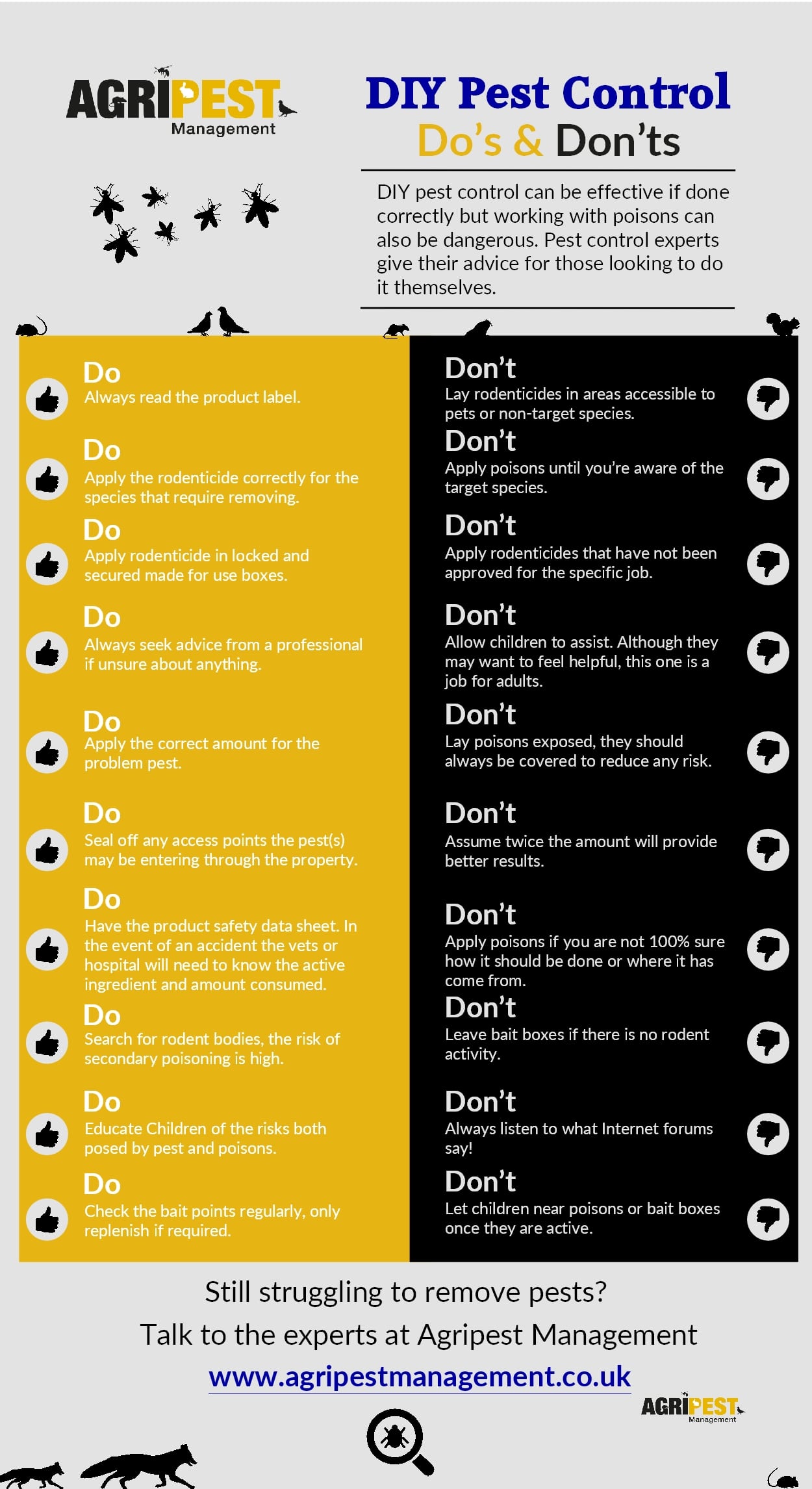Get Ready To Turn Your Yard Into A Pest-Free Haven Making Use Of These Imaginative Tips And Techniques
Get Ready To Turn Your Yard Into A Pest-Free Haven Making Use Of These Imaginative Tips And Techniques
Blog Article
Read the Full Posting -Dunlap Warren
Picture your yard as a haven, a place of serenity and appeal. Nevertheless, the presence of outdoor pests can rapidly interrupt this picturesque photo. What happens if there were basic yet reliable ways to maintain these unwanted site visitors away and secure your garden sanctuary? By adhering to a few sensible pointers and carrying out all-natural strategies, you can create an unified outside area where your plants can flourish uninterrupted.
Natural Pest Deterrents
To keep bugs far from your yard normally, plant aromatic herbs like mint and lavender. These great smelling plants not only include elegance to your yard but likewise act as efficient pest deterrents. Insects like mosquitoes, flies, and also some garden-damaging bugs are pushed back by the solid aromas emitted by these natural herbs. Just placing them strategically around your yard can help develop an all-natural barrier versus unwanted pests.
In addition to mint and lavender, consider growing various other herbs like rosemary, basil, and lemongrass to further boost your yard's pest-proofing capacities. These natural herbs not just work as all-natural repellents yet also have actually the included benefit of working in food preparation or crafting homemade treatments.
Strategic Plant Placement
Think about the layout of your yard and the kinds of plants you have to purposefully position them for maximum pest-proofing effectiveness.
Beginning by organizing plants with similar resistance to pests together. By doing this, you can create an all-natural obstacle that hinders insects from spreading out throughout your garden.
In addition, placing pest-repelling plants like marigolds, lavender, or mint near more susceptible plants can help shield them. Tall plants, such as sunflowers or corn, can act as a guard for shorter plants versus insects like bunnies or ground-dwelling insects.
Keep in mind to leave enough area in between plants to improve air flow and lower the danger of illness that pests might bring.
Furthermore, consider planting strong-smelling herbs like rosemary or basil near vulnerable plants to puzzle parasites' detects and make it harder for them to find their targets.
Reliable Pest Control Techniques
For combating garden bugs effectively, carrying out a multi-faceted pest control approach is necessary. Start by urging all-natural predators like birds, ladybugs, and hoping mantises to aid maintain insect populaces in check. Presenting plants that bring in these advantageous insects can assist in parasite control. Additionally, practicing excellent garden hygiene by getting rid of particles and weeds where bugs might conceal can make your garden less hospitable to unwanted site visitors.
Consider using physical barriers such as row cover materials or netting to protect susceptible plants from parasites like caterpillars and birds. Using natural pesticides like neem oil or insecticidal soap can likewise be effective versus particular parasites while being much less hazardous to advantageous bugs and the setting. It's essential to revolve your crops each period to stop the buildup of pest populations that target certain plants.
Consistently check best ant mound killer for indicators of insect damages so you can do something about it quickly. By incorporating these techniques and remaining alert, you can properly regulate garden parasites and delight in a thriving, pest-free garden.
Conclusion
So, there you have it - with the best strategies, you can keep pesky outside parasites far from your yard and help your plants prosper.
Did you understand that planting mint has been shown to drive away mosquitoes and other bugs, lowering the need for dangerous pesticides by as much as 60%?
By incorporating natural deterrents and clever growing methods, you can create an attractive and pest-resistant garden sanctuary for you to take pleasure in.
